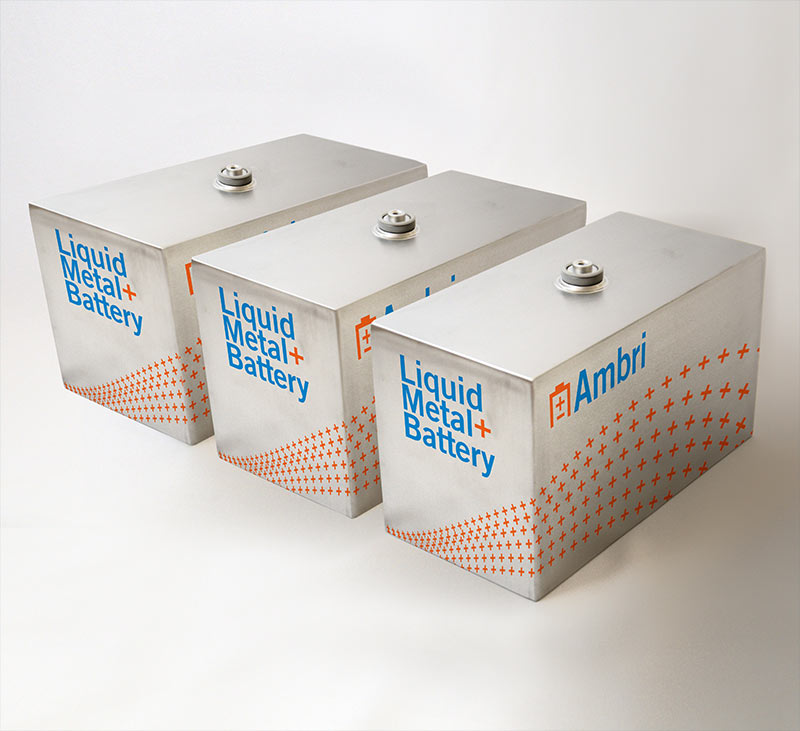Perpetua stock surges on antimony supply deal with Gates-backed battery developer

Ambri, a US-based startup, aims to produce molten-salt batteries for energy storage in wind and solar power systems. The company has developed an antimony-based, low-cost liquid metal battery for the stationary, long-duration, daily cycling energy storage market.
According to Ambri, its batteries combine technological innovation with commercial applications for low-cost, long lifespan and safe energy storage systems that will increase the overall contribution from renewable sources to help enable the transition to green, carbon-free power grids.
Perpetua plans to continue to engage with other potential end users of antimony and will provide updates as they become available
“This agreement is a meaningful step in support of the current administration’s goal of achieving 100% clean electricity in the US, while prioritizing the domestic manufacturing of battery technology,” Laurel Sayer, CEO of Perpetua Resources, stated in a news release.
“Perpetua continues to show how a modern mining company can not only be an essential part of the clean energy value chain, but also be key to the solution to the world’s climate challenges.”
The signing of the agreement coincides with Ambri’s announcement that it has secured $144 million in new financing led by Reliance New Energy Solar Ltd. (a wholly owned subsidiary of Reliance Industries), Paulson & Co. Inc., Bill Gates, Fortistar and Goehring & Rozencwajg Associates.
Additionally, Reliance has been chosen as Ambri’s joint venture partner for battery development in India as part of its broader plans to invest $10 billion to develop the Dhirubhai Ambani Green Energy Giga Complex.
The capital raise will be used to accelerate the commercialization of the company’s liquid metal battery and build a domestic manufacturing facility to fundamentally change the way power grids operate, Ambri said.
The supply agreement contains certain standard commercial terms which contain options for treatment, refining, transport and tolling charges. The minimum commitment of Perpetua’s antimony production for Ambri’s battery manufacturing is expected to power over 13 Gigawatt hours of battery capacity, which is equivalent to over 8 times the total additions to the entire US energy storage market in 2020.
It also contains a provision for fixed pricing and higher volumes that can be mutually agreed to by both parties. Perpetua and Ambri intend to collaborate to identify opportunities to lower carbon emissions in their respective operations with the use of renewable energy combined with battery storage.
“Today’s agreement directly links the redevelopment of the Stibnite gold project – and the restoration of the site – to a new battery manufacturing partner that is poised to play a critical role in reducing carbon emissions,” Sayer continued.
“Our partnership with Ambri significantly increases the strategic and long-term value of our project and breathes further life into our guiding ESG principles.”
Perpetua said it plans to continue to engage with other potential end users of antimony and will provide updates as they become available.
Shares of Perpetua Resources surged 8.5% by noon ET Tuesday following the earlier announcement, giving the Boise-based miner a market value of about C$374 million.




